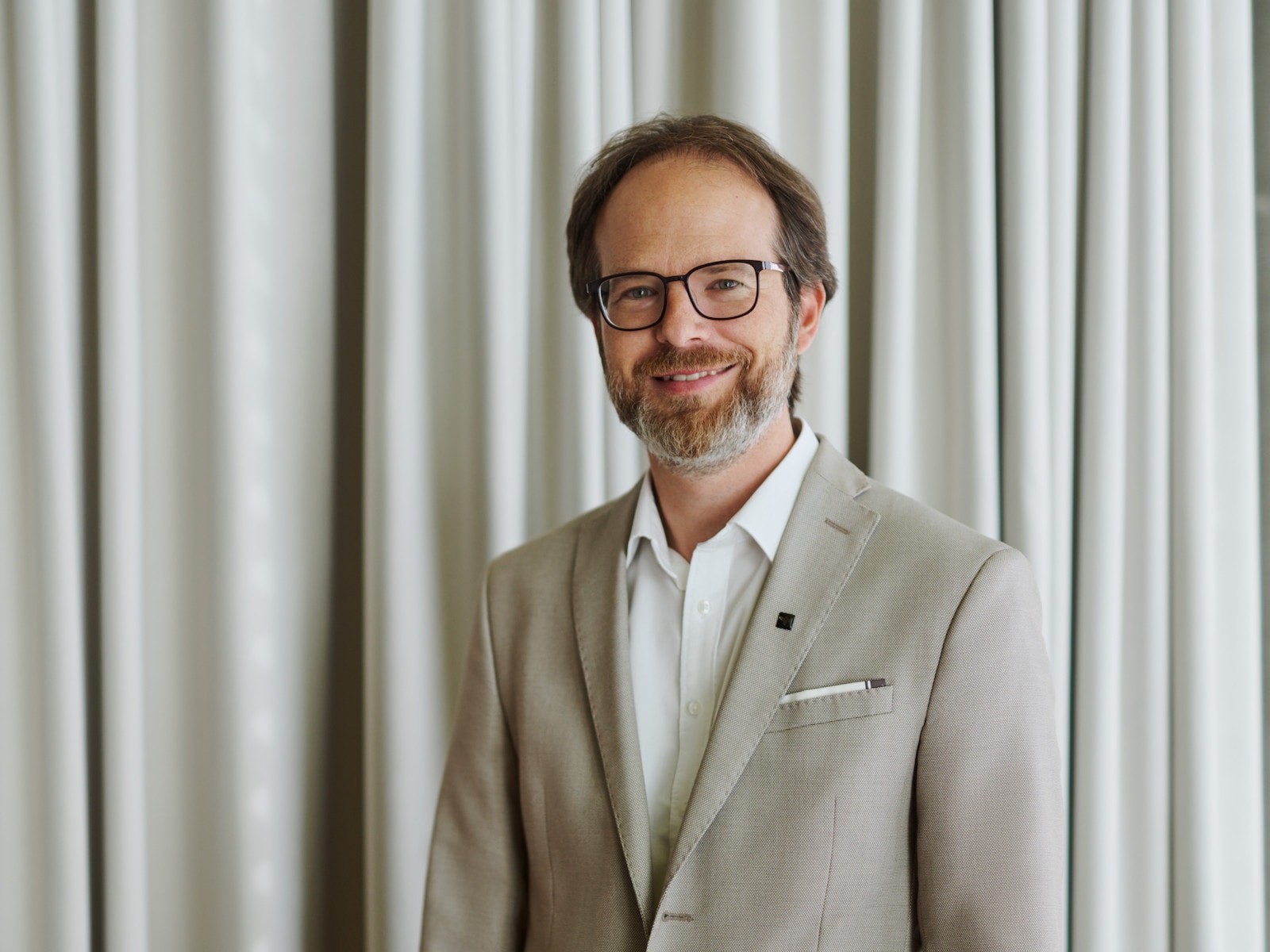The event is the launch of the new issue of the online Mezosfera magazine published in relation to the exhibition 1971 – Parallel Nonsychronism, a collaboration between Kiscell Museum – Municipal Gallery and tranzit.hu.
Join us on a trip to Budapest on the occasion of the exhibition & international symposium on Parallel Nonsynchronism on Friday, 1 February 2019.
If interested, please register with Heide Wihrheim:
heide.wihrheim@erstestiftung.org
We recommend that you book your tickets for the following trains:
07.42 – 10.19 Vienna Hauptbahnhof to Budapest Keleti Train Station.
18.40 – 21.18 Budapest Keleti Train Station to Vienna Hauptbahnhof
ERSTE Foundation offers the transfer from the train station to the museum and back, a free lunch and guided tours with the curators through the exhibition!
Registration closes on Wednesday, 30 January 2019
The starting points of the exhibition 1971 – Parallel Nonsynchronism are two contemporaneous bodies of artworks, which demonstrate the parallel tendencies of art in state socialist Hungary, during the so-called Kádár era (1957–1989). It examines the complex relationships of two defining generations of artists, without giving aesthetic or historical judgment. The exhibition endeavors to reveal and present artworks and the contexts in which they were produced: different and simultaneously existing concepts of art, opposing positions, disputes, and ultimately the complex relationship between state power and art.
The symposium connects the international authors of the new Mezosfera issue and local art historians and researchers who specialize in the reception of the art produced in state socialist times in Hungary. The international authors were invited to contribute a text from their local, cultural context, focusing on the period between 1968 and 1973, which in Hungary, and also in other countries of the Eastern Bloc, was a time of political thaw and economic reforms, which also brought a more open attitude towards the world. At the same time, this period is marked by the Soviet Union’s suppression of the Prague Spring in 1968, with military support from the allies of other Warsaw Pact countries. By 1972, under state secretary Leonid Brezhnev, a conservative backlash in Soviet politics led to the closure of reform attempts, which also curbed the relative freedom in cultural life.
Besides international contributions, the Mezosfera issue comprises texts in English by Hungarian authors, which will also be published in the catalogue of the exhibition in Hungarian in Spring 2019. The symposium brings to the fore topics of both the exhibition and the Mezosfera issue. How did artists reflect on the ideology-driven building of socialist societies by creating their own utopian societies, institutions, or monuments? What kind of collaboration non-system-conform artists and art historians had with state institutions? How did the understanding and reception of tolerated art change after 1989 from being banned to their international overestimation in the 1990s and early 2000s on the one hand, and to the contemporary, local rejection of underground art, for being non-sense and elitistic on the other?
11.00- 11.45
Welcome and Introduction: Enikő Róka, Dóra Hegyi
Introduction of Mezosfera and the issue: Eszter Szakács
11.45-13.00
Roundtable Discussion In and Out followed by Q+A
This section discusses artists, who had oscillating positions, in certain times supported by the system and in others, for various reasons, they were cast aside.
Participants: Tomáš Pospiszyl / Prague, Sándor Hornyik, Dóra Hegyi
13.00-14.00
Lunch on site
14.00-15.30
Guided Tour with the curators and László Beke
15.30.-16.45
Roundtable Parallel institutions followed by Q + A
Progressive artists and organizers in in the late 1960s, early 1970s attempted, but could not enter the public institutions. Consequently, they developed their own parallel system of fictional projects.
Participants: Emese Kürti, Zsuzsa László, Magdalena Ziółkowska / Warsaw
16.45- 18.00
Roundtable Changing canons followed by Q + A
The discussion considers cultural production as an always ideology-driven vehicle. In what ways has contemporary art participated in the legitimation of political powers that be in recent times: during the Cold War, in the years following the collapse of state socialist regimes – and today?
Participants: Beáta Hock, József Mélyi, Kathleen Reinhardt / Dresden
Concluding remarks by the organizers.
Contributors of the Mezosfera issue: Kinga Bódi, Dóra Hegyi, Zsuzsa László, Tomáš Pospiszyl, Kathleen Reinhardt, Enikő Róka, Magdalena Ziółkowska
Editors: Dóra Hegyi, Eszter Szakács
Curators of the exhibition 1971 Parallel Nonsynchronism: Dóra Hegyi, Zsóka Leposa, Enikő Róka, Zsuzsa László, László Százados
Find more informationen on the website of tranzit.hu or on Facebook.


